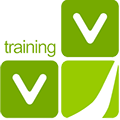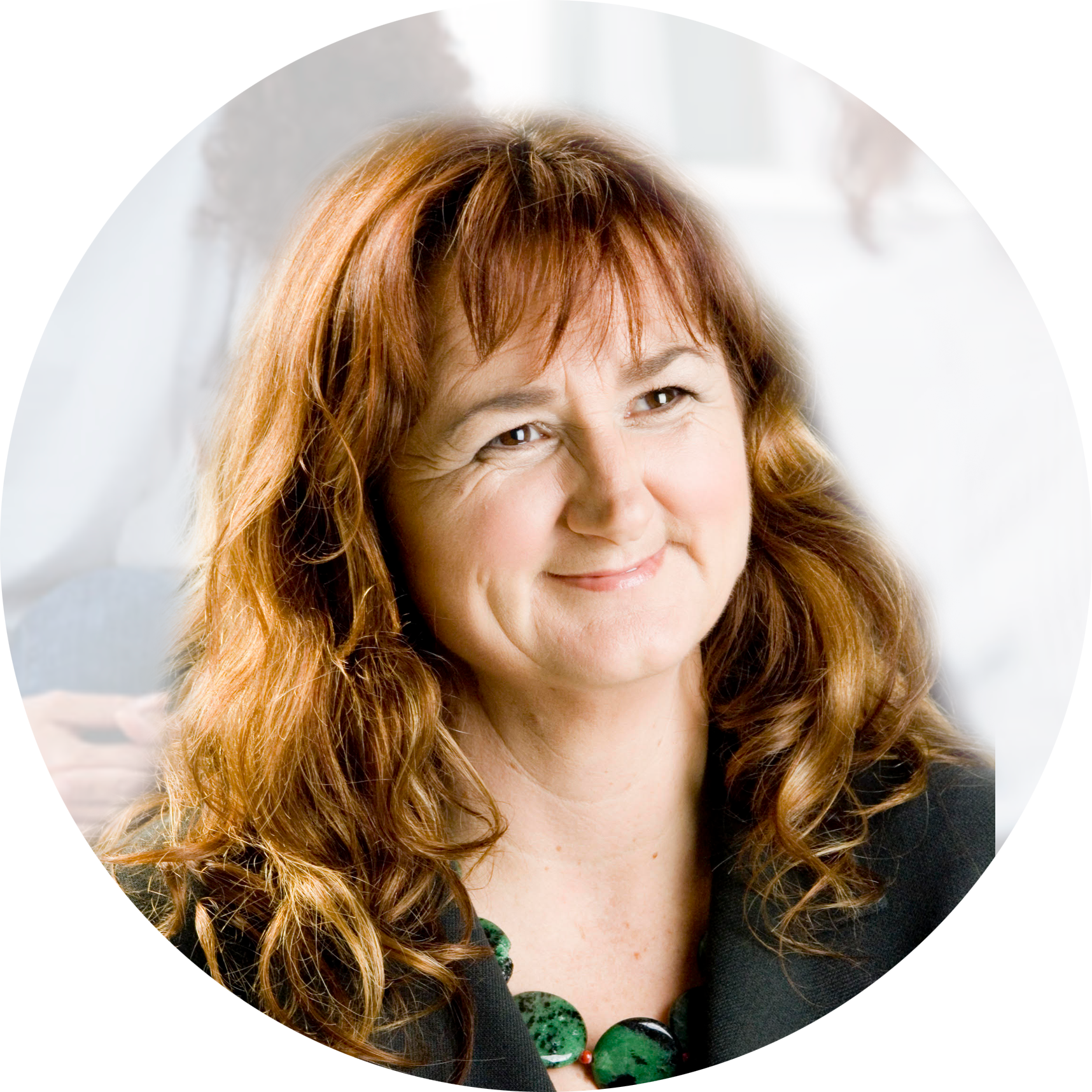
ROLE TRAINING GROUPS
About
I’ve been running Role Training groups for over 10 years.
Role Training evolved from the theories of Jacob Moreno, psychiatrist, educator and contemporary of Freud in 1920s Vienna. Role Training is a dynamic, interactive method that uses group enactments to assist you to develop new roles.
Role Training is not to be confused with training for a job role or an acting role. In the Role Training world, a role is how we think, feel and act in a specific situation and towards a certain person or thing.
We all have a range of roles that we use, many of which we are unaware of and learned when we were quite young. Sometimes they serve us well and sometimes, they don’t! Role Training assists you to grow and develop new roles that serve you better in any given situation.
In the past, group members have used Role Training to:
- Work out what prevents them from asserting themselves in particular situations, and experiment with what role might help them express their needs
- Work out why they are at loggerheads with someone, and experiment with what roles might be more helpful
- Experiment with what they have learned with their counsellor or psychotherapist by applying it in a group context
- Upgrade a mode of behaviour that prevents them from easily connecting with others
- Experiment with ways to work with the inner self-critic
- Allow the mind and nervous system an opportunity to have a positive, or even fun, experience in a group setting
- Work out their next step.
Previously, group work has helped members to take the next step in:
- Having courageous conversations with staff or friends
- Revising intimate relationships
- Seeking healthy friendships
- New life visions.
Why Work With Me
I am a qualified Role Trainer. There are only a few certified Role Trainers practicing in Auckland. It takes a long time to learn the intricacies of the method and years to become certified. To work sensitively with all types of people, a role trainer needs to develop and be able to draw on a whole range of different roles. For example, in the early days of my training, I often needed to retire my ‘playful storyteller’ role in order to allow the ‘quiet observer’ role to develop.
Like group members, I feel energised by this creative, fun and active method. It gives people insights they often do not get in one on one work. I get great satisfaction when a group member has a breakthrough. They realise they don’t need to be stuck in the same role, repeating the same negative results. It really is possible to add to, expand and change our roles.

This method was totally new to me and I was very skeptical at first. However, I’ve fully developed myself being part of the group and learning and developing the skills I have.
I am more confident and feel more in control in situations I historically felt no control over.
I valued being met where I was while, at the same time, being gently (but not yawningly gently) challenged to move into new functioning.
I feel significantly less anxious when in meetings or moments of conflicting contact with others, both at work and at home.
Frequently Asked Questions
Let’s say, you always seem to agree with other people’s ideas, even though you would really prefer to do things differently. However, you do not express your thoughts, so your ideas are never heard. Here, you have adopted the role of ‘compliant non-expressor’. Role Training helps you develop the role of ‘clear requester’, in which your preferences are clearly expressed.
Far from the one on one interaction of individual therapy, Role Training is group based. It encourages you to adopt different roles so that you connect with group members in meaningful ways. Within the safety of the group, participants are able to express emotions and recognise shared experiences. Group members often express relief at insights developed within the group – the collective ‘light bulb’ moments that don’t always occur in one on one work.
Role Training combines the gifts of group synergy with creative methods that help you develop new roles.
Why change roles? If others stay the same, then I’m stuck in the same situation!
You are right. We can’t change other people. However, when we change the role we are using, others tend to adapt the role they are inhabiting in response.
Role Training evolved from Jacob Moreno’s theories of psychodrama that were developed in the 1940s. Later, Max Clayton came up with the Role Training method which uses aspects of the psychodrama method to assist people to develop new roles.
Role Training is a subset of psychodrama. If you were to do a psychodrama there may well be a Role Training session contained within it.
Psychodrama was invented by J.L Moreno in the 1940’s and Role Training was created by Max Clayton in the 1970’s.
Role Training focuses on a role you want to develop, whereas a psychodrama may involve exploring your whole family system. Role Training sessions tend to be shorter in duration, so suit working in organisations where the work often has time constraints, and needs to be contained to developing roles for professional development (as opposed to a long psychodrama). At times, there can be a crossover. Just as there may be a Role Training session within a psychodrama, there may be a psychodrama that is required as a result of a Role Training.
People often wonder this – probably because psychodrama has the word ‘drama’ in it.
The answer to this question is ‘no’. In fact, speaking from having been a performer myself, being an actor is a disadvantage. The reason is that when you take on a role in someone’s Role Training session, you are presenting back to them the essence (feeling or ‘feeling-essence’) of what they put forward. An ‘actorly’ presentation wouldn’t feel accurate or real to them. It would not help them to feel their way differently into a situation, which is often private and tender. Perfect acting is not what’s required here.
The great thing about taking on a role for someone is that there is no such thing as getting it wrong. If it doesn’t feel right for the person, they will show you a new way or, as the group leader, I will gently coach you.
Vanesa explains ‘Role Training’
No workshops in 2022
All in-person training has been suspended
due to COVID-19 outbreak.
We will be reviewing the workshop dates at the end of the year.
Please email [email protected] to be notified of any upcoming events.
Let’s Work Together
For more information, fill in the below form. We will get back to you as soon as possible.

